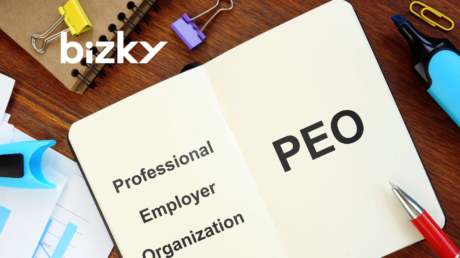What is IR35, and what does it mean for your business?
The UK recently introduced new legislation to close a tax liability loophole and redefine certain relationships between companies and contractors operating in the UK. IR35 was introduced in 2000 to address concerns relating to individuals who supply their services via an intermediary (such as a Ltd Company) instead of as an employee, and therefore avoid paying employee income tax and national insurance contributions.
In the case of an assignment deemed ‘inside’ IR35, PAYE deductions must be made from the contractor’s pay.
Any assignment ‘outside’ IR35 is considered a genuine B2B service and is therefore not subject to the same tax treatment as employees.
What do the April 2021 IR35 reforms mean for businesses?
Since April 2021, the british government has extended the IR35 reforms to the Private Sector, following the Public Sector reforms in 2017. These changes do not apply to small companies, which are defined as meeting two of the following three criteria: turnover of no more than £10.2m; balance sheet total of no more than £5.1m; or no more than 50 employees.
The key change is that the responsibility of defining the IR35 status of the assignment switched from the individual’s Limited Company to the end-client. This means that companies are also responsible and potentially liable for any misclassifications.
What do companies need to do about IR35?
The requirement of the legislation states that all companies must take ‘reasonable care’ when assessing if roles are inside or outside of IR35. Taking a ‘blanket approach’ to assess all roles won’t deliver this.
The potential financial penalties can be significant if incorrect steps are implemented, so it is important that companies have the right tools, processes, and partners in place to help them manage their risk, whilst still capitalizing on the many benefits of a contractor workforce.


